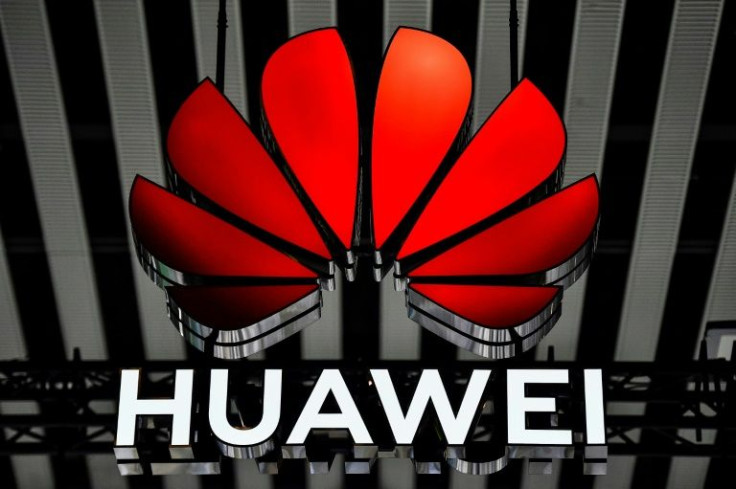Canada To Ban Huawei And ZTE From 5G Networks
Canada is to ban Chinese telecommunications giants Huawei and ZTE from its 5G wireless networks due to national security concerns, officials said Thursday.
The long-awaited move follows the United States and other key allies, and comes on the heels of a diplomatic row between Ottawa and Beijing over the detention of a senior Huawei executive on a US warrant, which has now been resolved.
The United States has warned of the security implications of giving Chinese tech companies access to key telecommunications infrastructure that could be used for espionage.

Both Huawei and Beijing have rejected the allegations.
Canadian Industry Minister Francois-Philippe Champagne and Public Safety Minister Marco Mendicino made the announcement at a news conference.
"Today, we're announcing our intention to prohibit the inclusion of Huawei and ZTE products and services in Canada's telecommunication systems," Champagne said.
"Telecommunication companies in Canada will not be permitted to include in their networks products or services that put our national security at risk," he said.

"Providers who already have this equipment installed will be required to cease its use and remove it."
Canada had been reviewing the matter for several years, repeatedly delaying a decision that was first expected in 2019.
Ottawa remained silent on the telecoms issue after China jailed two Canadians -- diplomat Michael Kovrig and businessman Michael Spavor -- in what observers believed was in retaliation for the arrest of Huawei executive Meng Wangzhou in Vancouver in December 2018 at the request of the United States.
All three were released in September 2021 after Meng reached a deal with US prosecutors on the fraud charges, ending her extradition fight.
Fifth-generation (5G) wirelesss networks deliver speedier online connections with greater data capacity.
Mendicino said the innovation "represents a major opportunity for competition and growth" but "also comes risks."
"There are many hostile actors who are ready to exploit vulnerabilities" in telecom networks, he said.
© Copyright AFP {{Year}}. All rights reserved.





















